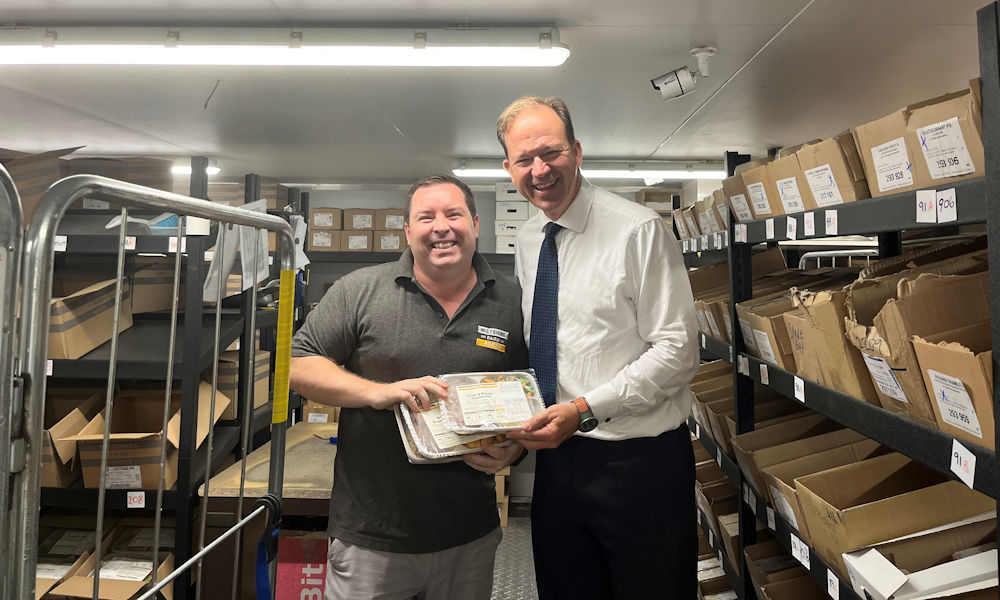I will never forget my feelings of amazement and awe when I first entered Central Lobby in the Palace of Westminster. And little wonder: it's a dazzling sight, a towering stone hall built in the Gothic renaissance style, its ceiling encrusted with mosaics showing the saints and symbols of England, Scotland, Wales and Ireland.
But the institution itself is no less inspiring. Central Lobby is the pivot of the whole Palace, the public meeting place equidistant between the Commons and the Lords.
And it embeds an extraordinary mark of our democracy. Any constituent can go up to the desk there while Parliament is in session and request a green slip, which requires their MP to make themselves available immediately for a meeting, or explain why they cannot.
I have been green-slipped several times myself. There is no more direct accountability than being required to attend to your constituent immediately -- and it's something to be proud of. Try doing the same thing in some other countries, and I suspect the most you will get is a blank look.
Lobbying gets its name from Central Lobby, and today it has a very bad reputation, often rightly. But not all lobbying is bad: some of it is about good ordinary people trying to get their views heard and injustices corrected. That has been part of the purpose of the House of Commons for nearly 800 years.
A perfect case in point is Wiltshire Fine Foods, or WFF. They are a maker of high quality but relatively inexpensive packaged frozen meals -- just the job for someone on a limited income who is elderly or has a disability and may not be able to cook for themselves. WFF source their beef locally in Herefordshire, and they serve many hundreds of my constituents from their local base outside Ross-on-Wye.
Importantly, WFF have a strong commitment to sustainability, with a highly innovative new set of food trays which they can collect and recycle as part of a very efficient and sustainable "closed loop" system. But so innovative is their approach that proposed new regulations were in danger of penalising them by accident.
Reluctantly, WFF decided they needed to talk to me and other MPs, and try to lobby for a fairer system. The result is that the problem has been addressed, we will have better regulations, their closed loop system will flourish, and ultimately my constituents, and the planet, will benefit. That feels like a win all round.
First published in the Hereford Times and Ross Gazette.

Jesse Norman with Adam Duggan of Wiltshire Fine Foods in the freezer at their Whitchurch depot.
